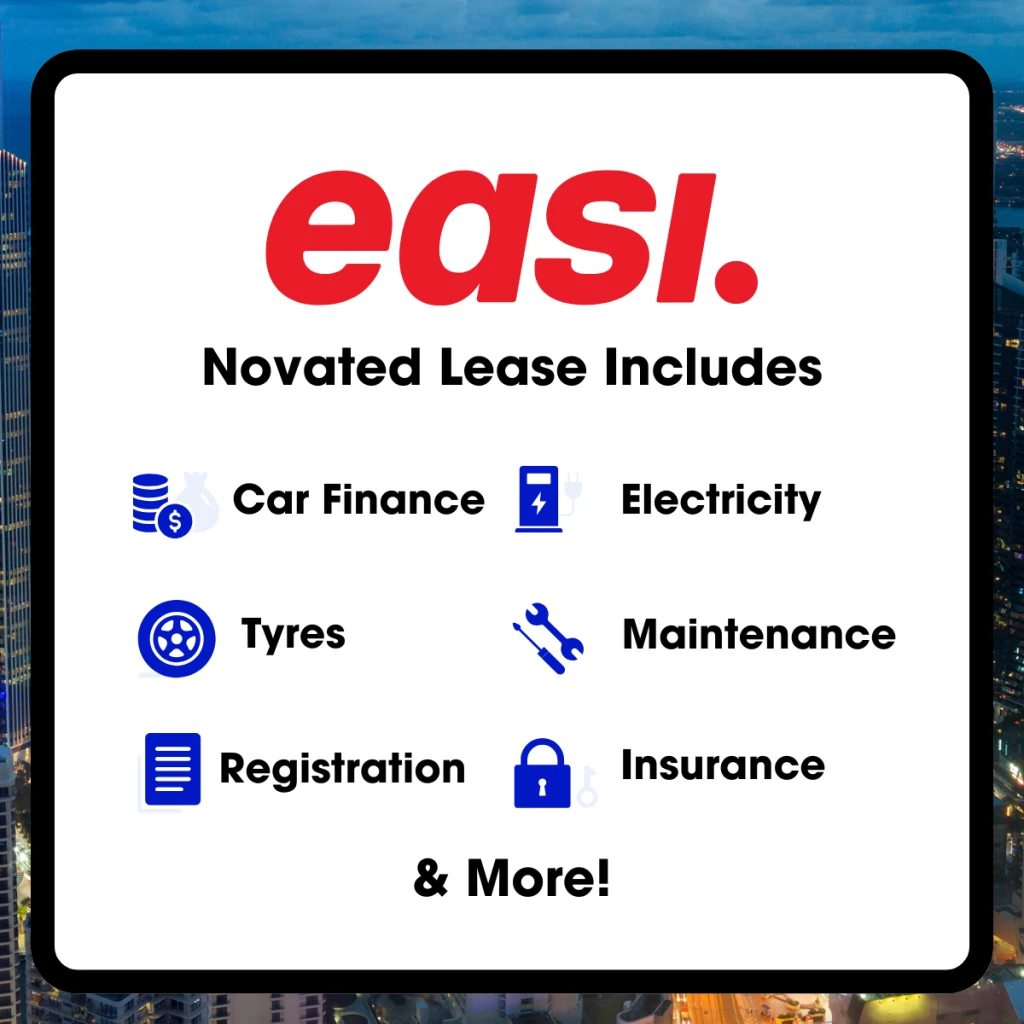Understanding what you can claim on tax can lead to real savings - especially if you’re looking to make the most of your income. Whether you're an employee planning your deductions or simply wondering how to reduce your taxable income, this guide will walk you through common tax-deductible items in Australia - and show you how Easi Novated Leasing can be a smart tax-saving strategy.
What Are Tax Deductions?
Tax deductions reduce your taxable income, which means you pay less tax. These deductions must be related to your income-earning activities and properly documented. The more deductions you're eligible to claim, the less income the Australian Taxation Office (ATO) will tax you on.
Common Tax Deductions for Individuals
Work-Related Expenses
You can claim work-related expenses if:
You paid for them yourself and weren't reimbursed
They relate directly to earning your income
You have a record to prove it
Examples include:
Uniforms and protective clothing
Work-related travel and vehicle expenses
Home office expenses
Tools and equipment
Self-Education and Training
Courses that are directly related to your current job may be deductible. This includes:
Course fees (excluding HELP or HECS)
Stationery and textbooks
Travel to and from the educational institutions
Investment Expenses
Interest on investment loans
Financial advice fees
Management fees for investment properties
Charitable Donations
Donations over $2 to registered charities can be claimed - just make sure you get a receipt.
How Novated Leasing Helps You Save on Tax
What is Novated Leasing?
A novated lease is a three-way agreement between you, your employer, and a finance provider. You choose a car, and your employer makes the lease payments from your pre-tax salary.
This reduces your taxable income, meaning you could pay less tax while driving the car you love.
Tax Savings with a Novated Lease
Pay for Your Car Before Tax
With a novated lease through Easi, vehicle expenses - such as repayments, registration, servicing, insurance, and fuel - can be bundled into one payment taken from your pre-tax salary.
This reduces your taxable income, which can result in significant tax savings depending on your income bracket and vehicle choice.
Bonus: You also save on GST for the purchase price and running costs of the vehicle.
Fringe Benefits Tax (FBT) and EV Exemption
If you opt for an eligible electric vehicle, you may benefit from the Fringe Benefits Tax (FBT) exemption. This means even more savings, making EV novated leasing a win for both your wallet and the environment.
Who Benefits Most from Novated Leasing?
Novated leasing isn’t just for high-income earners. It’s ideal for:
Full-time employees looking to reduce their tax
People who prefer budgeting with fixed monthly costs
Anyone considering purchasing a new or electric vehicle
Employees who want to include running costs like fuel and maintenance in one easy package

A Real Example: Comparing Traditional Car Ownership vs. Novated Leasing
Let’s say you earn $90,000/year and are considering a vehicle with $15,000/year in total running costs.
Without a novated lease:
You pay for those costs after tax, reducing your disposable income.
With a novated lease through Easi:
You pay for those costs before tax, potentially reducing your taxable income to around $75,000 - saving thousands annually in tax (exact amounts depend on personal circumstances).
Why Choose Easi for Your Novated Lease?
At Easi, we make novated leasing simple, transparent, and tailored to your needs:
Tax-effective leasing: Reduce taxable income and maximise your take-home pay
All-inclusive payments: Bundle car costs into one manageable amount
No GST on vehicle purchase and running costs
Expert support: From vehicle selection to lease management
EV specialists: Take advantage of FBT exemptions and sustainability perks
Final Thoughts: Don’t Leave Tax Savings on the Table
If you’re not claiming all you’re entitled to on tax - or not using strategies like novated leasing - you could be missing out on thousands in savings. With Easi, you gain more than a car; you gain control over your income and tax outcomes.




